
The big Difference of Regenerative Raised Meat
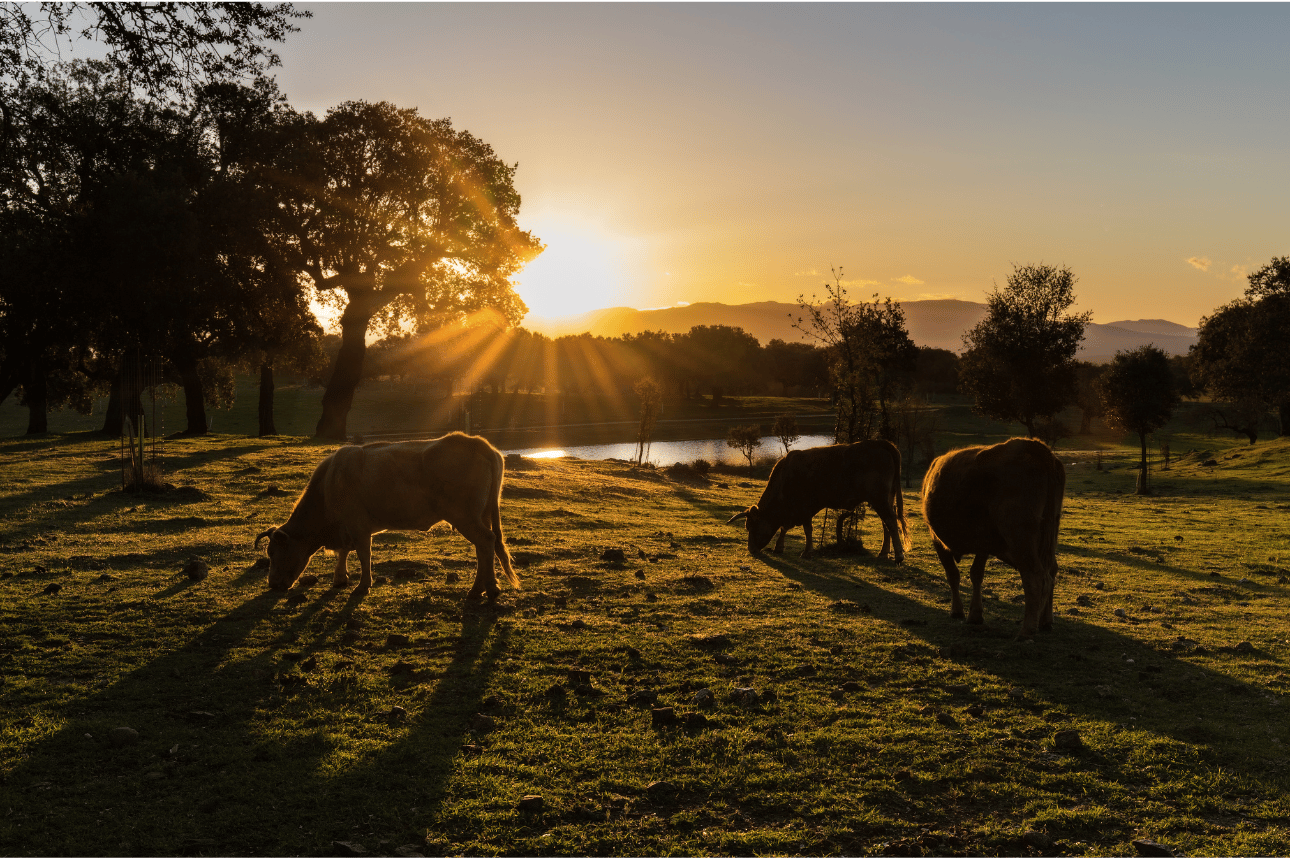
What’s the Deal with Regeneratively Raised Meat?
Feedlot Meat: The Junk Food of Protein




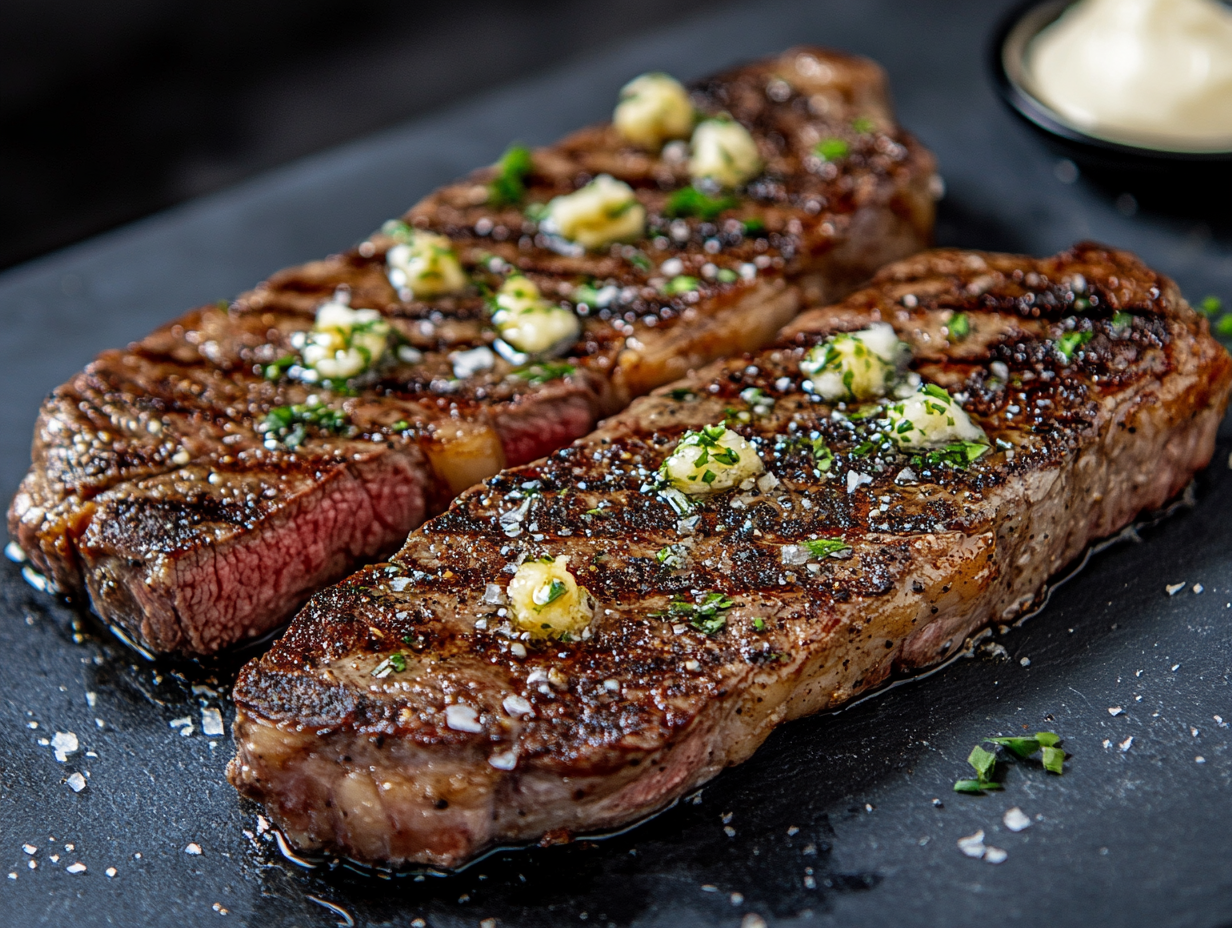
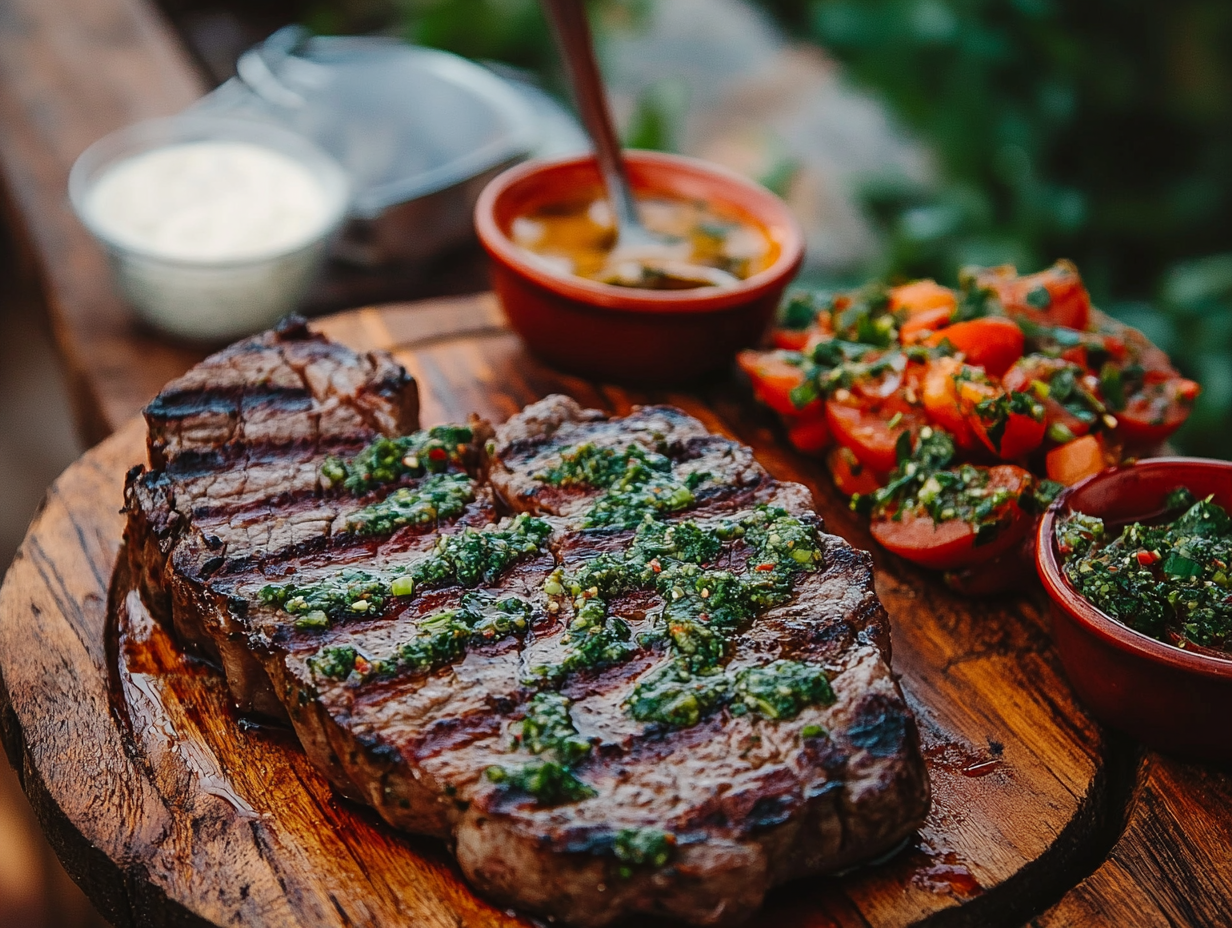
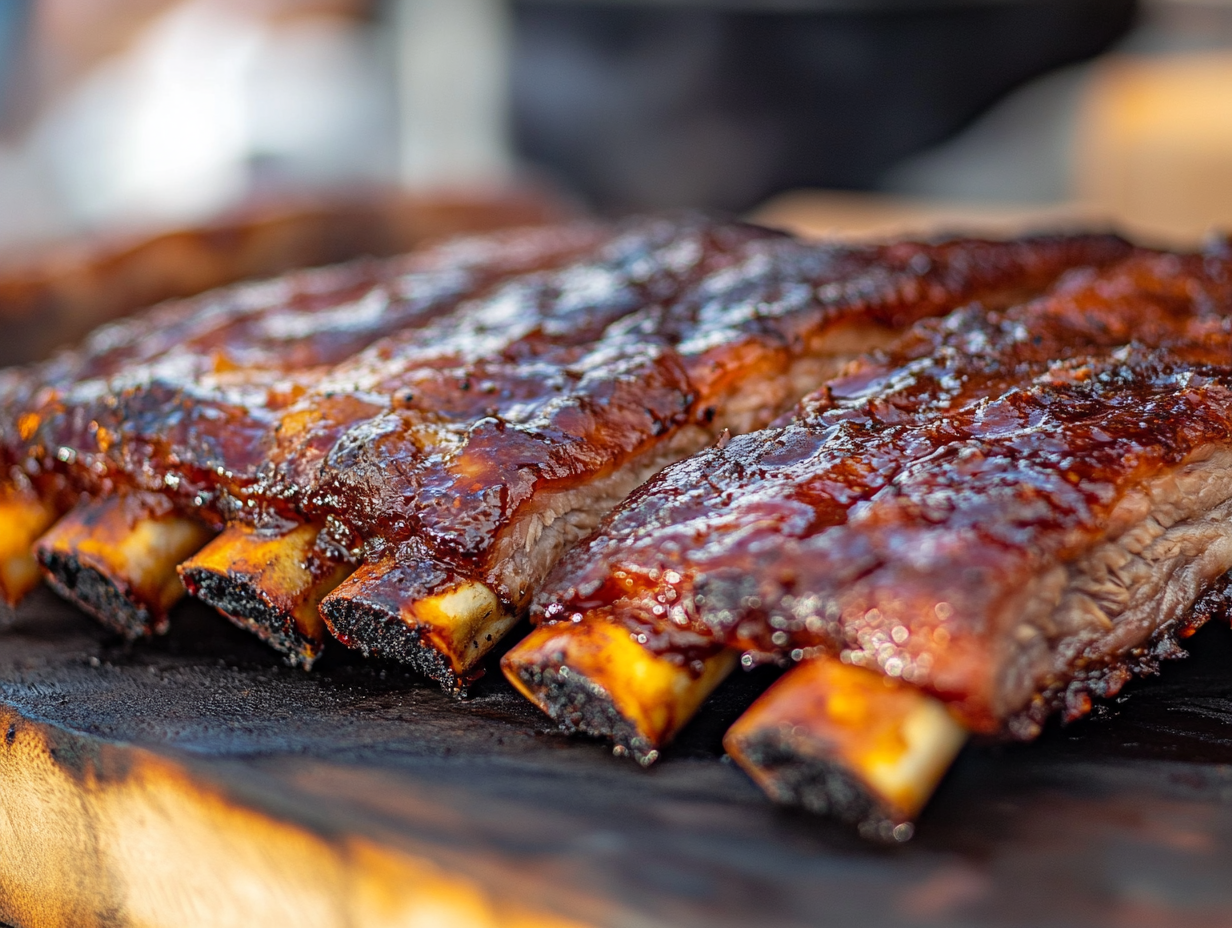
The Nutritional Showdown: Why Regenerative Wins Every Time

2. Packed with Nutrients
1. Better Fats = Better Health
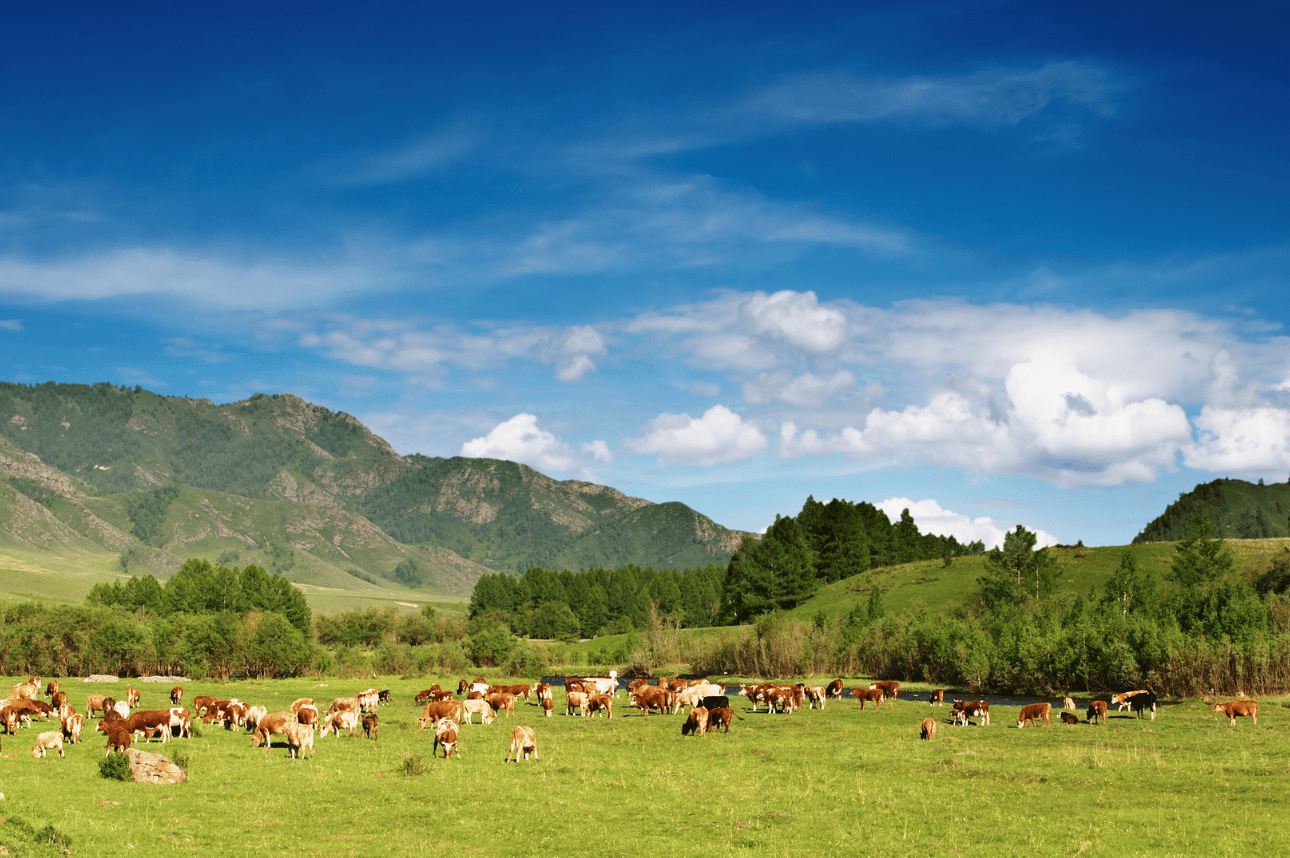
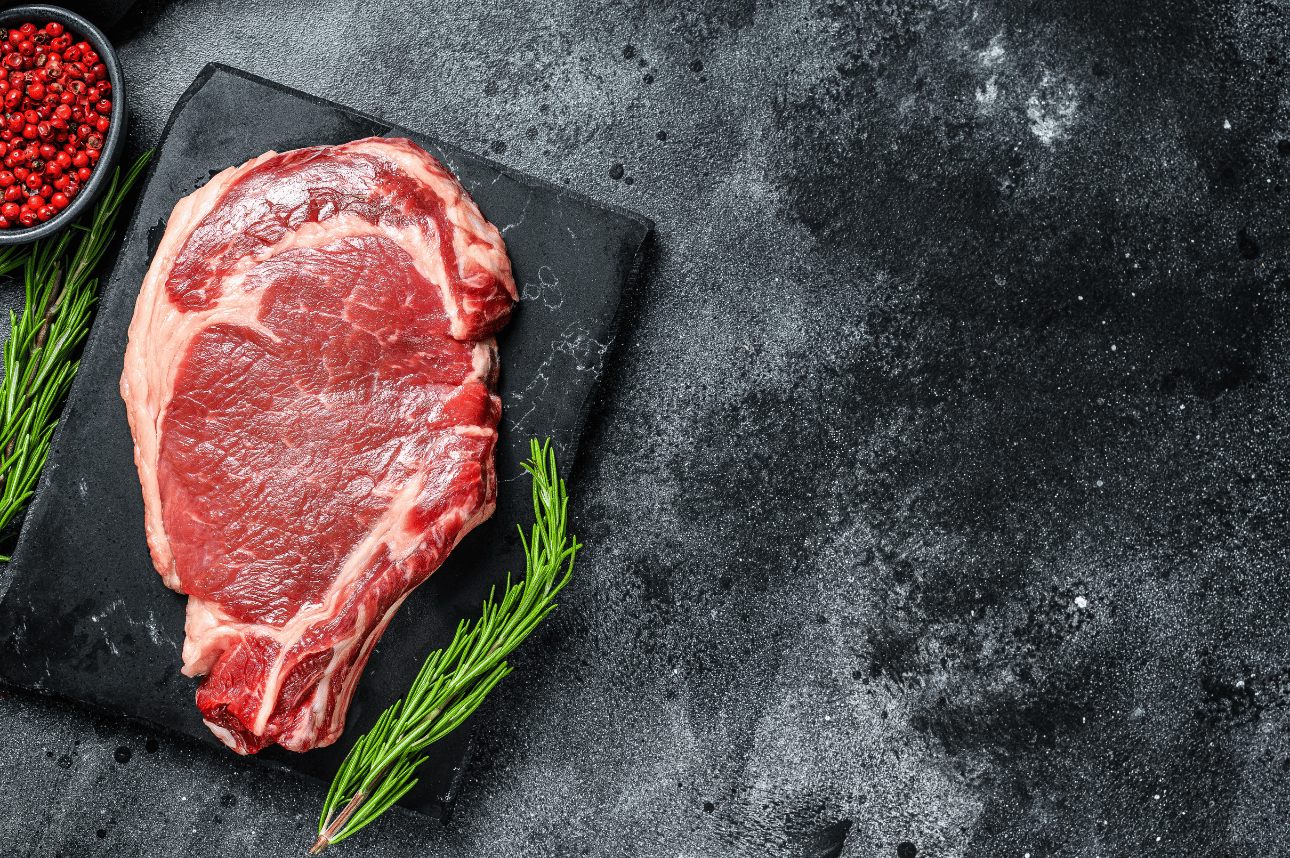
Why Taste Matters, Too
3. No Additives, No B.S.
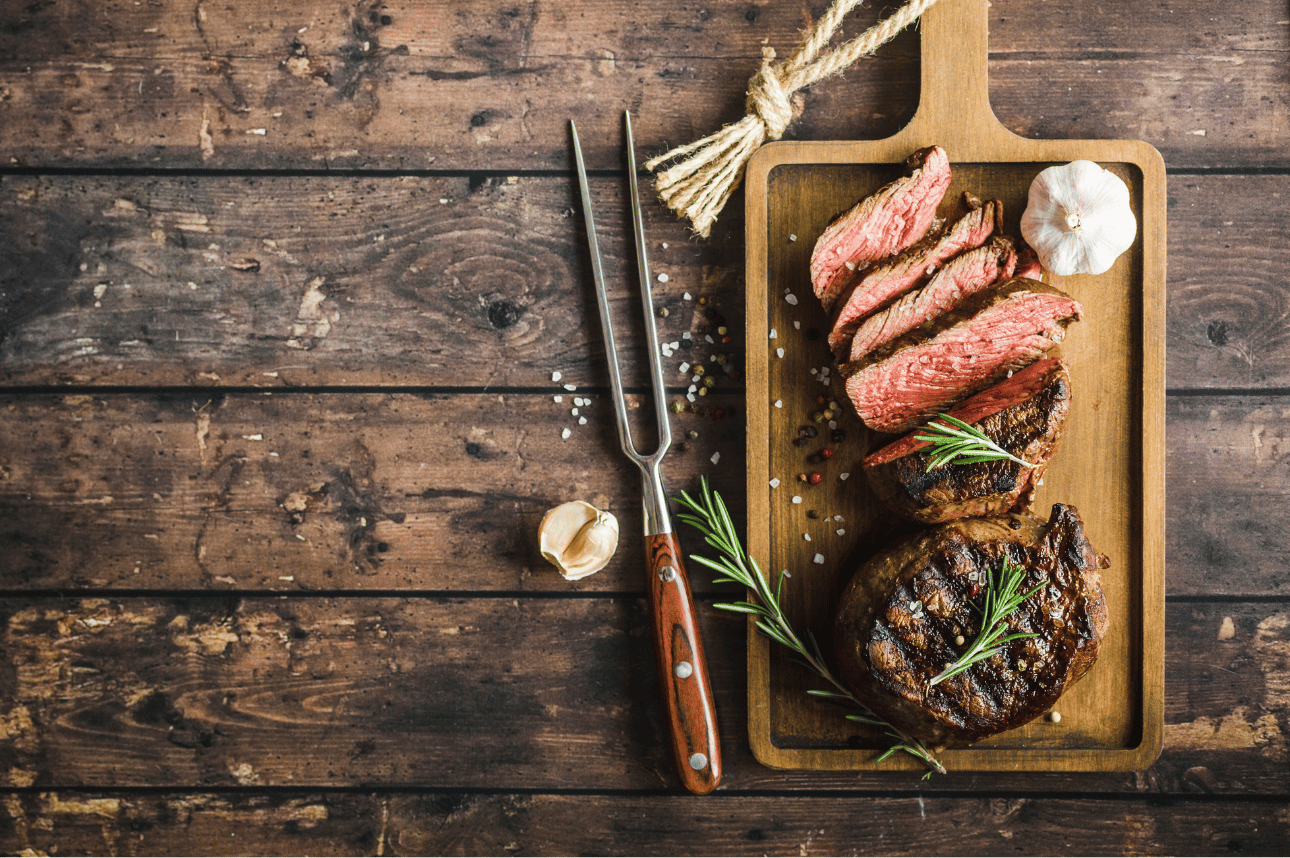
What’s at Stake if We Keep Choosing Imported Meat
Conclusion: Choose Meat That Works as Hard as You Do
Our Mission & Vision
Have a question?

